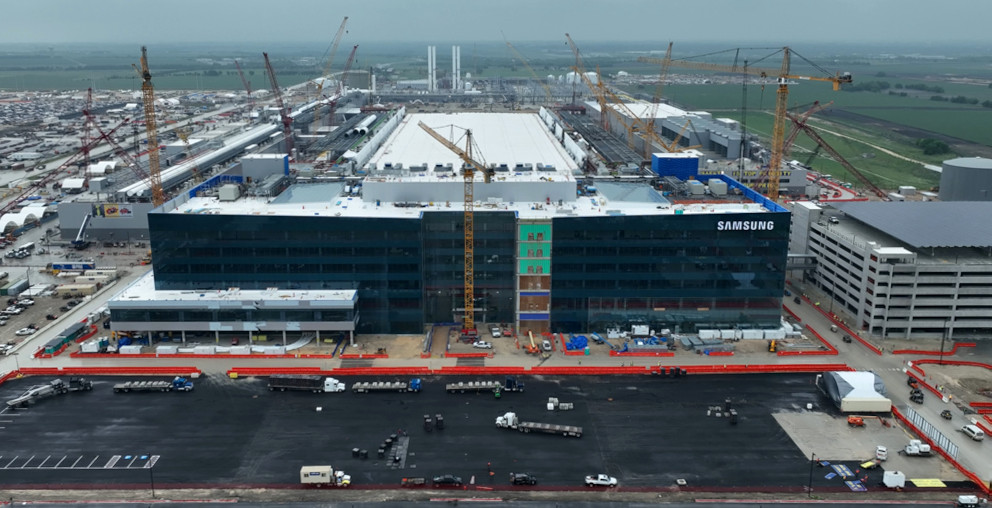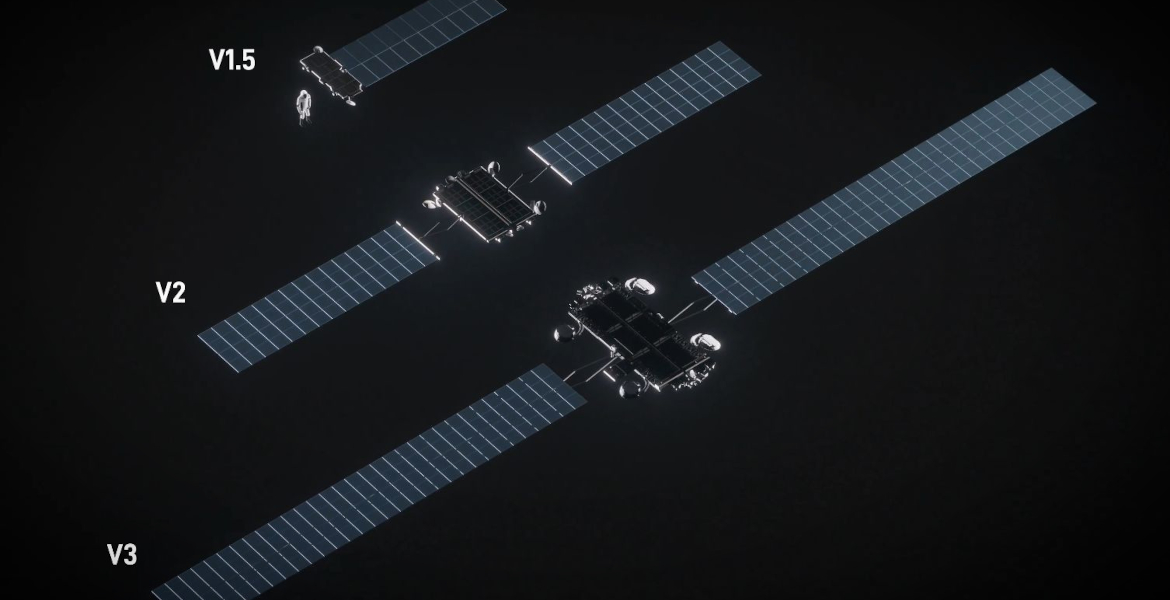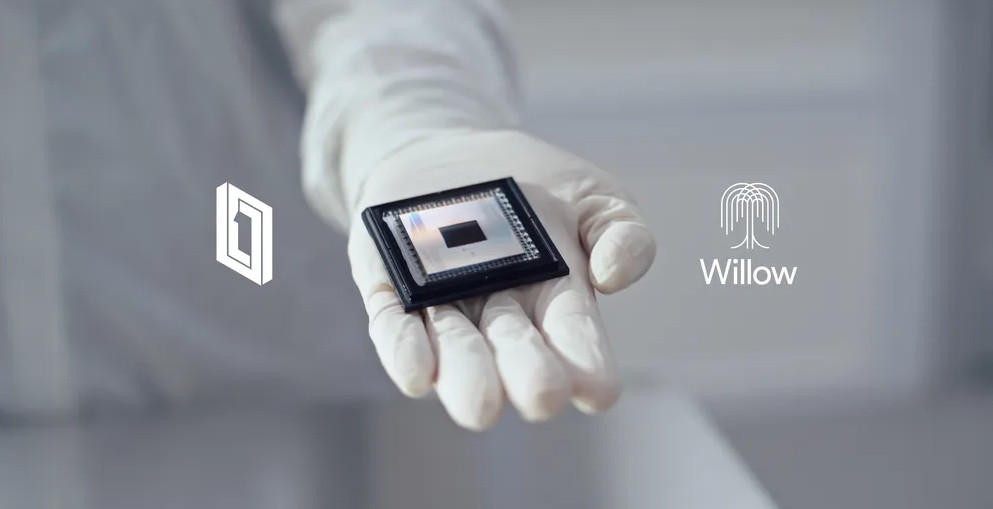South Korean tech giant Samsung has entered into a comprehensive agreement with Tesla to manufacture next-generation AI chips. The contract, which extends until 2033, is worth $16.5 billion and means Samsung will dedicate its new Texas-based factory to producing Tesla's AI6 chips.
Samsung receives a significant boost for its semiconductor manufacturing through the new partnership with Tesla. The electric vehicle manufacturer has chosen to place production of its advanced AI6 chips at Samsung's facility in Texas, in a move that could change competitive dynamics within the semiconductor industry, writes TechCrunch.
— The strategic importance of this is hard to overstate, wrote Tesla founder Elon Musk on X when the deal was announced.
The agreement represents an important milestone for Samsung, which has previously struggled to attract and retain major customers for its chip manufacturing. According to Musk, Tesla may end up spending significantly more than the original $16.5 billion on Samsung chips.
— Actual output is likely to be several times higher, he explained in a later post.
Tesla's chip strategy takes shape
The AI6 chips form the core of Tesla's ambition to evolve from car manufacturer to an AI and robotics company. The new generation chip is designed as an all-around solution that can be used both for the company's Full Self-Driving system and for the humanoid robots of the Optimus model that Tesla is developing, as well as for high-performance AI training in data centers.
Tesla is working in parallel with Taiwanese chip manufacturer TSMC for production of AI5 chips, whose design was recently completed. These will initially be manufactured at TSMC's facility in Taiwan and later also in Arizona. Samsung already produces Tesla's AI4 chips.
Since 2019, Tesla has developed its own custom chips after leaving Nvidia's Drive platform. The first self-developed chipset, known as FSD Computer or Hardware 3, was launched the same year and installed in all of the company's electric vehicles.
Musk promises personal involvement
In an unusual turn, Samsung has agreed to let Tesla assist in maximizing manufacturing efficiency at the Texas factory. Musk has promised personal presence to accelerate progress.
— This is a critical point, as I will walk the line personally to accelerate the pace of progress. And the fab is conveniently located not far from my house, he wrote.
The strategic partnership could give Samsung the stable customer volume the company needs to compete with industry leader TSMC, while Tesla secures access to advanced chip manufacturing for its growing AI ambitions.




